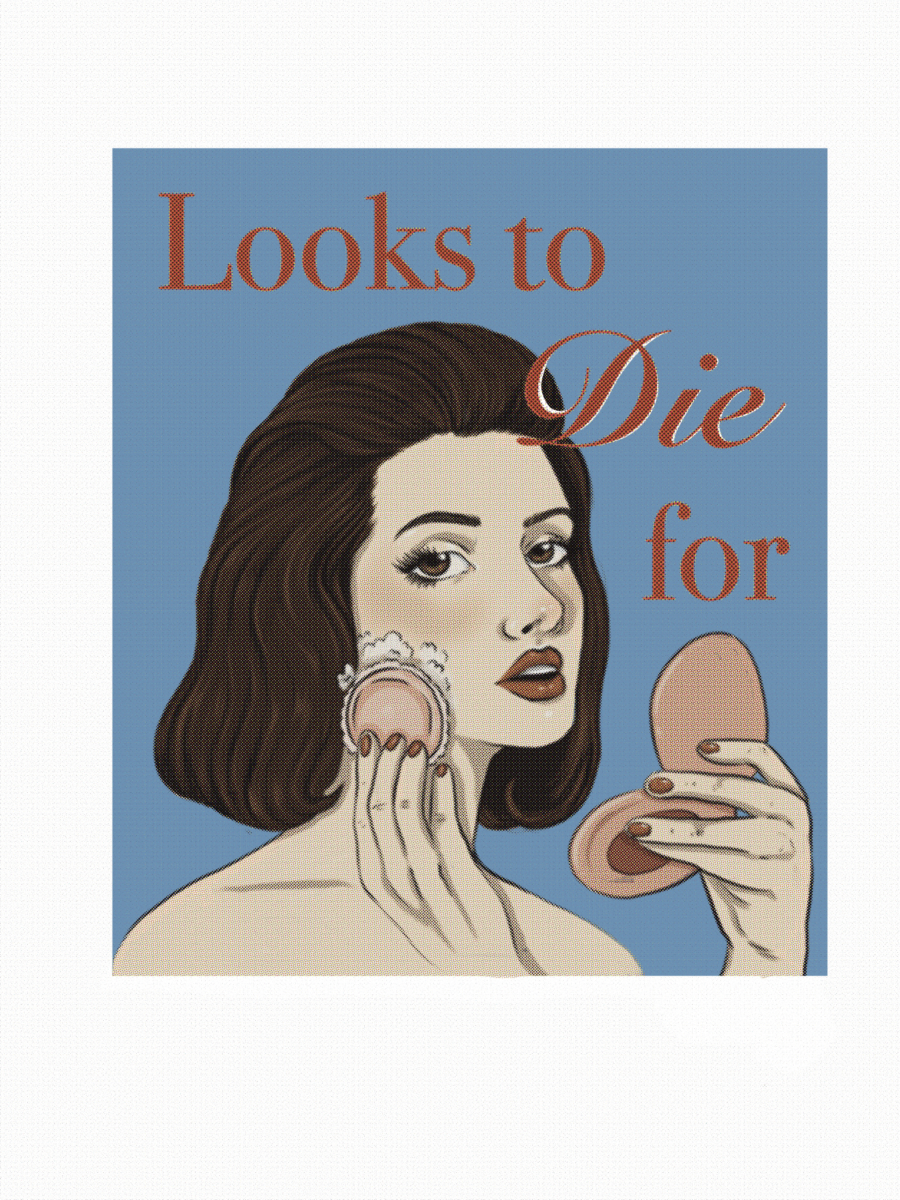Talc-based makeup is not as dangerous as you think.
Have you ever thought that makeup might be potentially harmful to your health? Talc-based makeup products have raised safety concerns due to potential contamination with asbestos. The HBO Max investigative documentary Not So Pretty explores the danger of talc, a chemical ingredient found in most of our daily makeup products, and its link to cancer.
The first episode on makeup introduced the sensational stories of two women—- Corrin Otillio, who believed that her makeup is contaminated with, and a mother who exposed Claire’s makeup for having asbestos in their kids’ makeup sets.
Otillio sent all her makeup products to the laboratory after she was diagnosed with mesothelioma. The results showed that 10 out of the 25 products had traces of asbestos. Surprisingly, the directors of this episode invited lawyers and a journalist to support the case of Otillio, rather than having a cosmetic chemist and a toxicologist speak on this case and educate the audience on the potential risks of chemical ingredients in makeup.
I think that the documentary is clearly biased due to the lack of scientific evidence presented and their choice of experts. Another point that I find intriguing is that an episode that is strictly supposed to focus on makeup, was mostly spent talking about the case of Johnson & Johnson’s baby powder, a case that has way more solid evidence of causing harm than makeup.
India-Lynn Upshaw-Ruffner, a Concordia student in art history and studio arts, says “I have heard of talc being dangerous due to a Johnson & Johnson lawsuit, but I or anyone I know has never had any reaction to talc from makeup.”
A lot of women who have decided to eliminate talc from their makeup routine have been using TikTok as a platform to raise awareness, by posting videos of themselves throwing out their makeup products using #notsopretty. This shows how this documentary has successfully influenced much of its audience into buying clean beauty products.
It is important to mention that at the end of the episode, there was a list of recommended applications that makeup consumers could download to scan their products and find out whether their ingredients are harmful. I find that the controversy over talc-based makeup products is just a marketing technique that clean beauty brands have implemented to make their way into a highly competitive market.
In reality, there hasn’t been enough evidence to prove that the level of talc in makeup products is high enough to cause cancer. This means that the anecdotes about women who blame their ovarian cancer or mesothelioma on makeup are just outliers.
Besides, people who contract diseases from asbestos are those who work in construction sites or environments that contain high levels of asbestos particles. I think that Not So Pretty is a partial documentary that simply wanted to promote clean beauty products by capitalizing on makeup consumers’ fear of being diagnosed with cancer.
